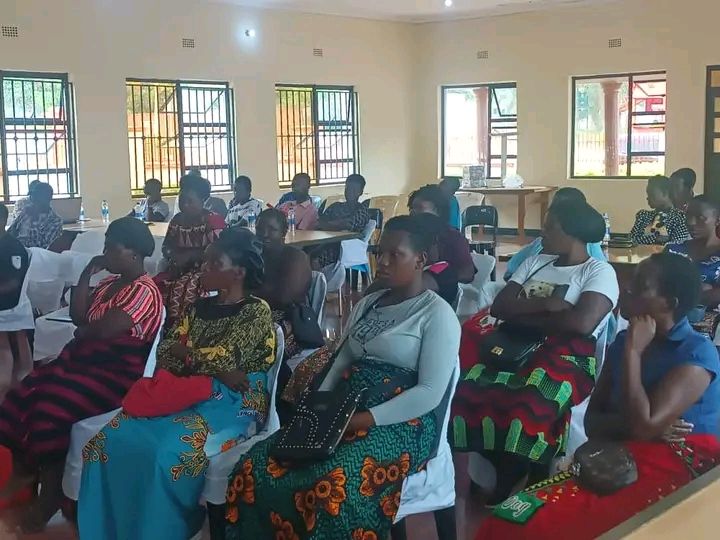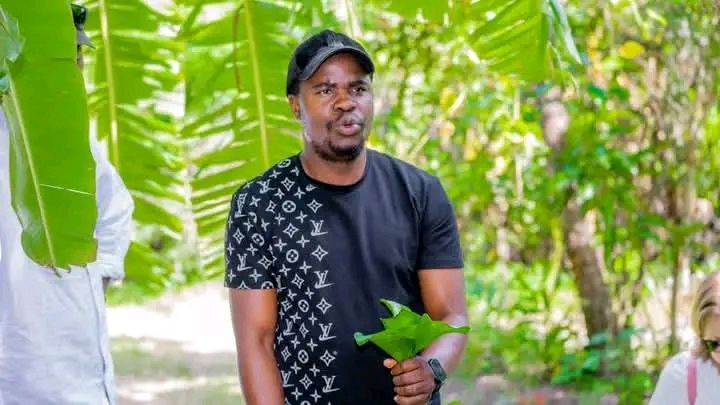By Jones Gadama
As the country gears up for the 2025 General Elections, the Mzimba District Youth Officer, Yamikani Nyalugwe, is urging aspirants to develop youth-centric manifestos that align with the Malawi 2063 agenda on youth empowerment. Nyalugwe emphasized the importance of harnessing the youthful population to propel an inclusively wealthy and self-reliant Malawi by 2063.
Speaking during a Manifesto Debate organized by the Women’s Legal Resource Centre (WORLEC) and Oxfam, Nyalugwe stressed that candidates should prioritize youth empowerment initiatives in their manifestos. “We need to have candidates who will champion empowerment initiatives of the youths. This is why I urge all candidates to develop manifestos that look into youths’ empowerment,” he said.

The debate aimed to drum up support for women, youths, and people with disabilities, with funding from the European Union.
One of the candidates, Maureen Moyo, an independent contestant for the Mzimba Boma Ward in Perejeki Constituency, highlighted her plans to focus on promoting people with disabilities.
Moyo’s commitment to inclusivity is a step in the right direction, considering the importance of representation and empowerment for all citizens.
The Malawi 2063 agenda envisions transforming Malawi into an inclusive, wealthy, and self-reliant industrialized upper-middle-income country.
To achieve this vision, the government has emphasized the need for a youth-centric approach, recognizing the crucial role young people play in shaping the country’s future.
A similar approach was seen in Malaysia, where the Undi18 movement successfully advocated for lowering the voting age from 21 to 18. This move not only increased youth participation in the electoral process but also led to more youth-centric manifestos and policies.
According to Tharma Pillai, co-founder and Advocacy Director of Undi18, “Malaysian politics are dominated by old people… Now, for the first time, young voters could be Malaysia’s kingmakers.”
To develop effective youth-centric manifestos, candidates should consider key areas such as education and skills development, economic empowerment, health and well-being, participation and representation, and protection and safety.
By prioritizing these areas, candidates can develop manifestos that truly address the needs and aspirations of young people in Malawi.
As Nyalugwe emphasized, “Being a largely youthful nation, there is a need for political candidates to come up with manifestos that will ensure the harnessing of the youth population to propel an inclusively wealthy and self-reliant Malawi by 2063.”
The upcoming elections present an opportunity for Malawians to choose leaders who will prioritize youth empowerment and development.
By demanding youth-centric manifestos, young people can play a crucial role in shaping the country’s future and ensuring that their needs and aspirations are addressed.
The call for youth-centric manifestos is a timely reminder of the importance of prioritizing youth empowerment and development in Malawi.
By working together, we can create a brighter future for all Malawians and ensure that the country achieves its vision of becoming an inclusive, wealthy, and self-reliant industrialized upper-middle-income country by 2063.





